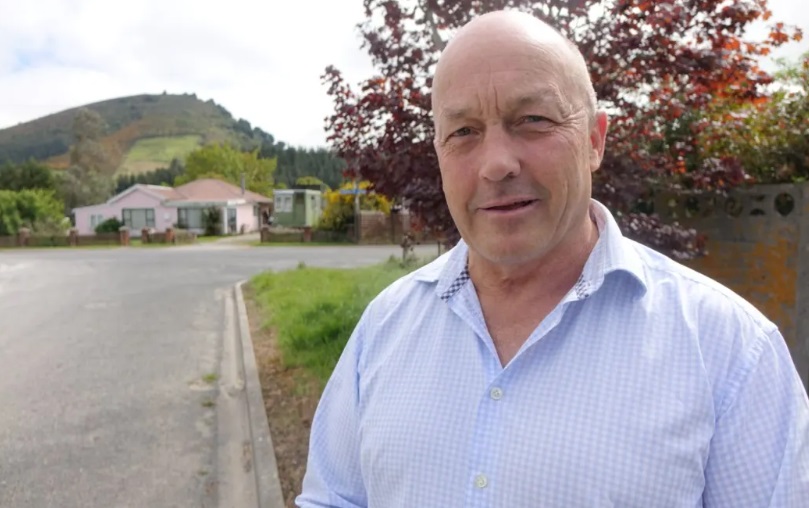
On Monday, Minister Simeon Brown said the government wanted local government to get back to basics, namely pipes, potholes, and core services.
But according to three mayors, the changes will only make things more challenging.
Clutha Mayor Bryan Cadogan said the crackdown was frustrating, and that their council currently spent 92 percent of their budget on Three Waters and roading.
"Now, the four wellbeings like the Civil Defence, elderly people's health, libraries, pools - the stuff that we do well - is just getting rubbished here and it's so unfair," he told Morning Report.
"We're doing the best we can with the limited tools that we've got. Our real problem is that Three Wates has obliterated virtually all of our budget, we're denied that opportunity to solve that truly and then we get the blame for it, this is so frustrating."
The government's introduction of 'rates-pegging' will also limit rates increases councils can make.
Cadogan said the move has "taken the local out of local government".
He does not understand why Wellington thinks it knows better to what is happening on the ground more than his own district, and said they are the ones that will suffer because of it.
"I'm not quite as supportive as my colleagues for the simple fact I don't believe what they're doing is fair on councils."
"The local is getting taken out of local government and the public will be the ones that ultimately pay because our other assets will be rundown and dilapidated. We're getting shackled into it."
Cadogan said no one else got scrutinised like councils did, and all that they were getting was shackled into a very narrow list of things to do.
Gisborne mayor Rhette Stoltz likened her council's circumstances to Cadogan.
She said her council did not have the time or the money to focus on any luxury projects, and was laser-focused on recovery.
"So, 92 percent, like Bryan (Cadogan), of my expenditure goes on flood protection, roads, water waste, environmental management," she told Morning Report.
"I welcome the government saying, 'let's focus more on efficiency, and effective spending', (but) what I am saying is there are councils that are really doing it well.
"Another point I want to make is the four wellbeings being inserted, taken out, inserted, and taken out muddies the waters for all councils, it is confusing - make a decision and stick to it."
Meanwhile, Lower Hutt mayor Campbell Barry said 84 percent of their capital budget was spent on water and transport, with the rest going back to what the community want.
"We are an infrastructure-delivering body, that's literally what we are, and other 16 percent goes to all of the other things that councils do, and also things that our community really values…our libraries, our pools and all those other types of facilities," he told Morning Report.
He said he was concerned that delivering "those basics" was going to become more challenging.
"We have a $16 million hole based on government funding to be able to deliver transport renewals, so that's something we're going to have to grapple with.
"Either we simply don't do it, and our renewals lessen, and our infrastructure gets worse, or we put the rates up more."
Barry said he was open to benchmarking if it was done well, and fair rates comparisons were made between councils.
"All of my colleagues are open to it, it's just got to be done well and, and it's just got to be done with us in creating a system that works and will drive good outcomes."












